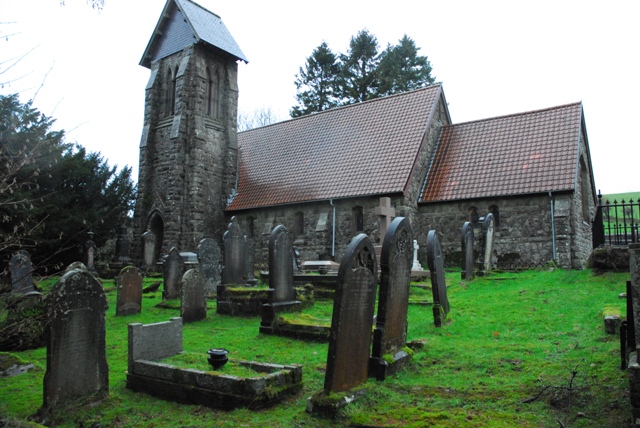Page 2

Church Going
-by Philip Larkin
« Previous Page
 Download as PDF
Download as PDF

(Continued from Page 1)
As if answering himself, he feels that some cathedrals would be converted into museums with the holy manuscripts, communion plate and small boxes kept for display in locked cases. Or it would be rented to nature for free, meaning that it will be abandoned with rain falling and sheeps grazing in it. After dark, superstitious women would bring their children to the place to touch a stone or pick some herb which could cure cancer while some superstitious men would visit the place hoping to see their forefathers & relatives' spirits in the church's graveyard. The church will have grasses, weeds on pavements and support and thorny bushes all over.

Power of some sort or other will go on
In games, in riddles, seemingly at random.
Week by week, the churches will deteorate making it less recognizable. The poet wonders that who would be the last person to visit the church for religious purpose. It could be a research student tapping on the walls and making notes or a research addict, attracted to old buildings and ruins for antiques and historical things. It could also be a Christmas loving person who loves visiting the church on Christmas to get the feel of celebration. At last, it could a person of his kind, questioning the purpose of existence and credibility of these religious institutions.
Bored, uninformed, knowing the ghostly silt
Dispersed, yet tending to this cross of ground.
Finally, the poet says that even when the churches are dusty and unclean, people will still go towards them. Even though scrubs and bushes have grown and they are spreading acres and all over, churches have existed for the genuine reverence of the celebration of rituals, marriages, birth and death and have been an integral part of our lives. If not for any other, then for at least this the churches will remain in human mind forever.

For, though I've no idea
What this accoutred frowsty barn is worth,
It pleases me to stand in silence here.
He admits that although the stuffy things kept in the church are of no meaning to him, still it please him to stand in the church. It gives him tremendous peace, pleasure and an aura of something above human.
A serious house on earth it is,
In whose blent air all our compulsions meet,
Are recognized, and robed as destinies.
Although dilapidated, the church will remain the most serious place in the world-overwhelmed with peace and satisfaction. It is in the atmosphere of the church that all kind of our desires are finally met or recognized and are regarded as our fate by the Lord, and this thought cannot be outdated ever. Its ambience enables us to contemplate on the philosophy of life that culminates in death as the dead buried around in the yard only prompt serious pertinent thoughts.
While the fear of God's wrath holds people accountable for their actions, religion gives humans guidelines to live their lives. It teaches us 'right' from 'wrong' and thus becomes a necessary entity to keep society running smoothly.
Since someone among the non-believers will always surprise the others by visiting the church or having a hunger of being far more religious, the church will continue to draw people towards it as it is the church where a person grows wise and all your desires are changed to your destiny. The poet, at last reaffirms his faith in religion.
Page 2

« Previous Page
 Download as PDF
Download as PDF
 The Raven
The Raven  Church Going
Church Going  Frost at Midnight
Frost at Midnight  I sit & look out
I sit & look out  The Lady of Shallot
The Lady of Shallot  Telephone Conversation
Telephone Conversation  Going Places
Going Places  Village Cricket Match
Village Cricket Match  The Night Train at Deoli
The Night Train at Deoli  Growing Up
Growing Up  The Castaway
The Castaway 
 Download as PDF
Download as PDF 
